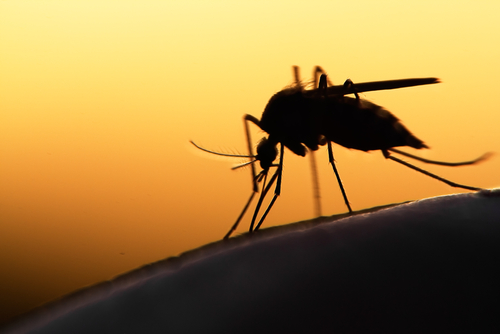
The National Institute of Allergy and Infectious Diseases (NIAID), part of the National Institutes of Health (NIH), released a study on Tuesday with evidence showing that people who were infected with the Ebola virus were 20 percent more likely to survive the virus if they were co-infected with the malaria-causing Plasmodium parasite.
The study was published in the journal Clinical Infectious Diseases.
Research for the study was conducted at the ELWA3 Ebola Treatment Unit in Monrovia, Liberia, in 2014-2015. Liberia, along with Guinea and Sierra Leone, was at the epicenter of the Ebola outbreak in West Africa in 2014. Researchers at the site tested 1,868 blood samples taken from people seeking care for possible Ebola virus infection.
The study found that greater numbers of the Plasmodium parasites correlated with an increased rate of Ebola survival. Researchers also found that the survival difference was evident even after controlling for Ebola viral load and age.
Testing confirmed the virus in 1,182 samples, with 185 samples also testing positive for Plasmodium parasites. Fifty-eight percent of those infected with both the parasite and virus survived, compared to 46 percent who were infected with Ebola virus alone. Those with a higher Plasmodium level survived at a rate of 83 percent.
Researchers are now exploring the link between the parasite and the virus and determining what mechanism may cause the increased survival rate.




